-
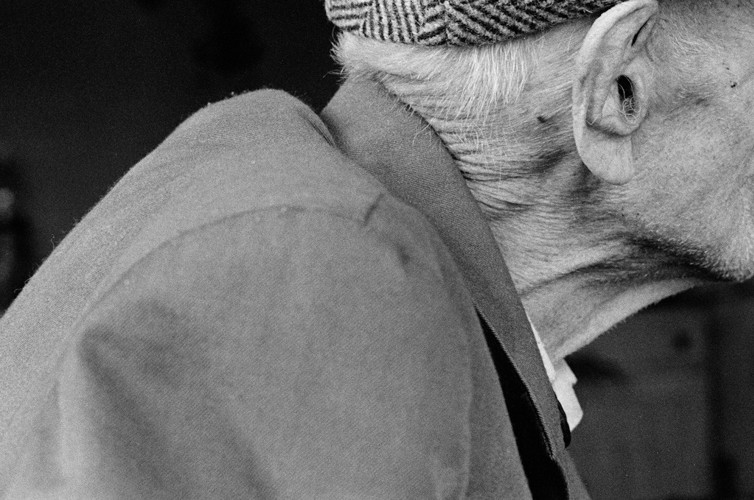
-
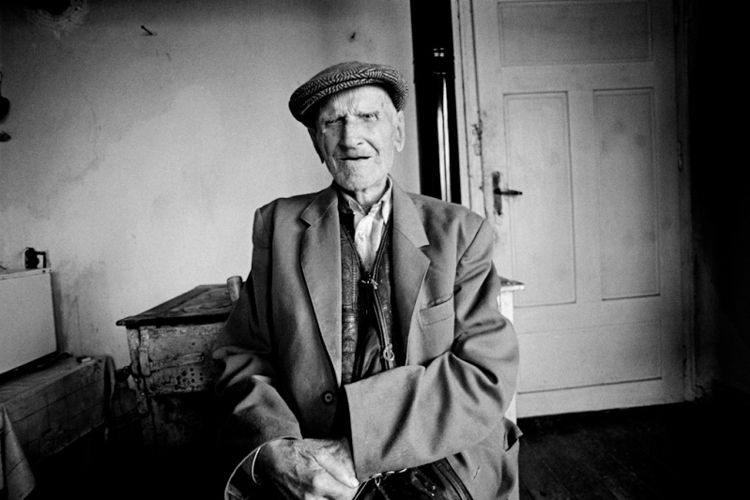
Nikola Kolev, Milanovo
I was orphaned at an early age. I don’t remember my father. All I remember is suffering… I believe in God. There is something which rules over nature. It can’t possibly be running like this on its own… I haven’t stolen one Lev from anybody… I want to live on. I don’t want to die...
-
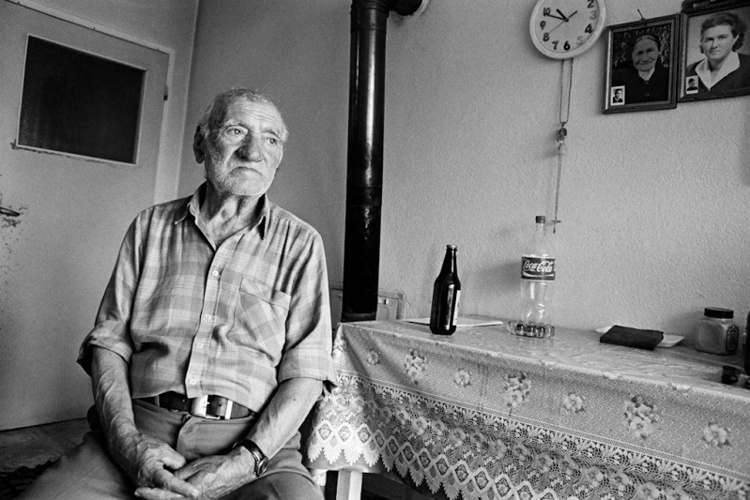
Georgi, Druzhevo, born 1928
Georgi, Druzhevo, born 1928 He worked as a trainer at Bulgarian Railways. After the death of his wife four years ago he lived on his own in Druzhevo. He is now in a home for retired people.
-
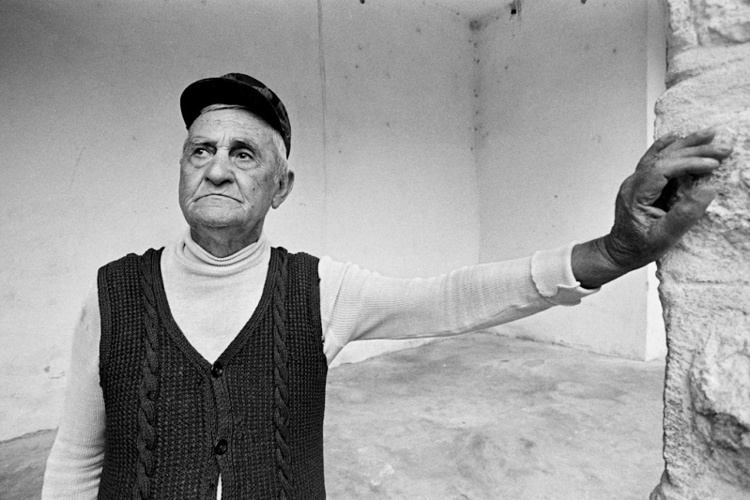
Stefan, Gorna Bela Rechka
He lived alone in Bela Rechka until the spring of 2010. He was taken to a retirement home after an accident in his house.
-
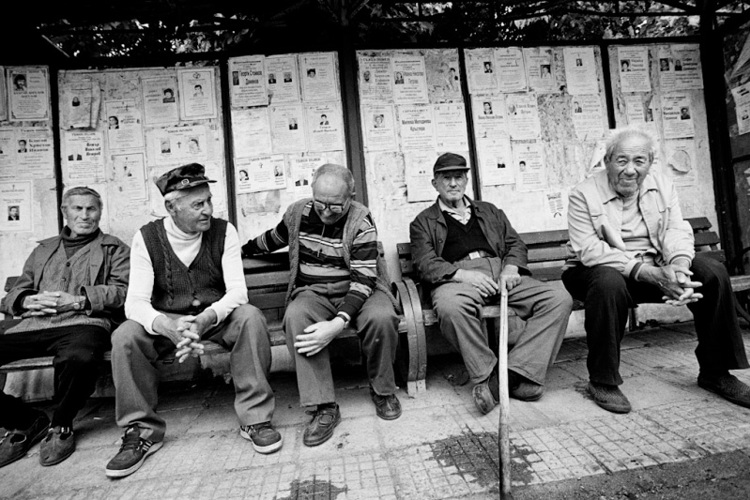
-
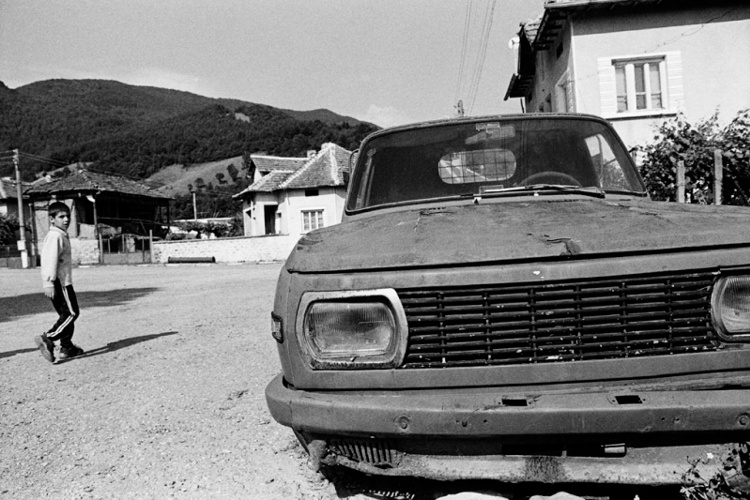
-
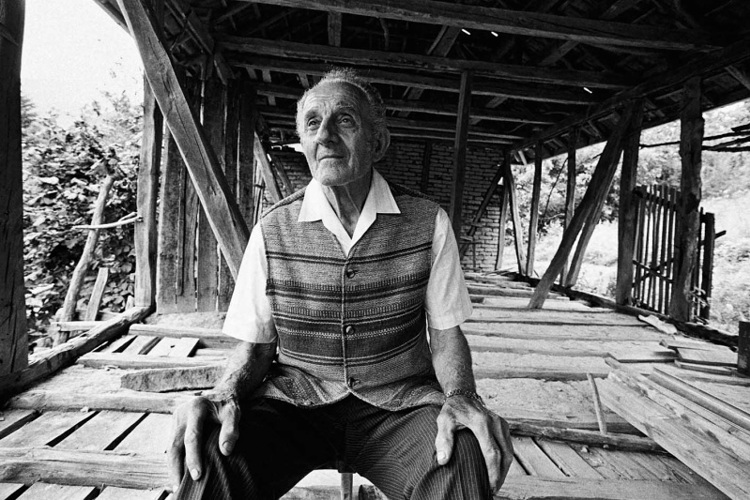
Ivan Dimitrov Todorov, Krivodol, born 1930
Ivan worked as a train driver and mechanical engineer in Montana. He retired in Krivodol. After his wife’s death in 1999, he spends his time between Gorna Bela Rechka, where he takes care of the garden, and Sofia, where every Saturday he goes to a senior people’s dance club. “I learned to dance at the youth brigade in Mezdra and from my gypsy neighbours, who did waltz and rumba. Dance has helped me a lot in my life. It’s good for you and good for the people around you. It’s so nice to observe someone who dances well.”
-
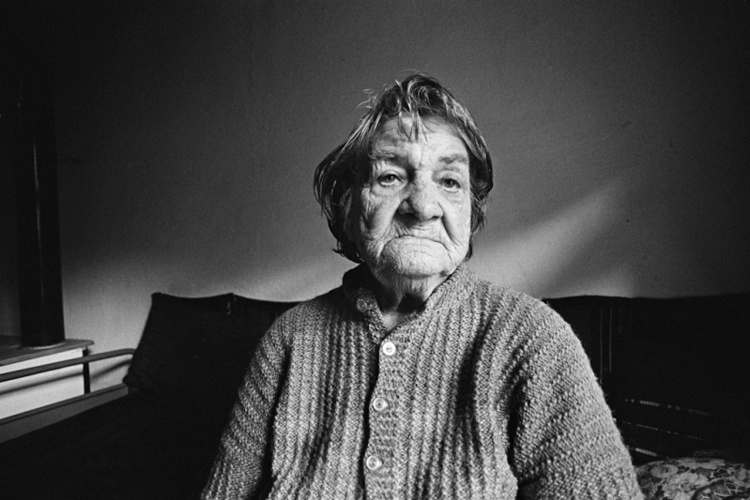
Maria Gervassieva, Gorna Bela Rechka, born 1926
“In the 1980s, I worked as an engineer in Cuba. Everything, including the airflights, was covered for us by the Cubans. Cubans are very good people, with an aristocratic streak. I love Fidel. Our country was run by louts. After the death of my husband, I started spending time with my sister here in Bela Rechka. I live with my granddaughter in Druzhba, in Sofia, during the winter.”
-
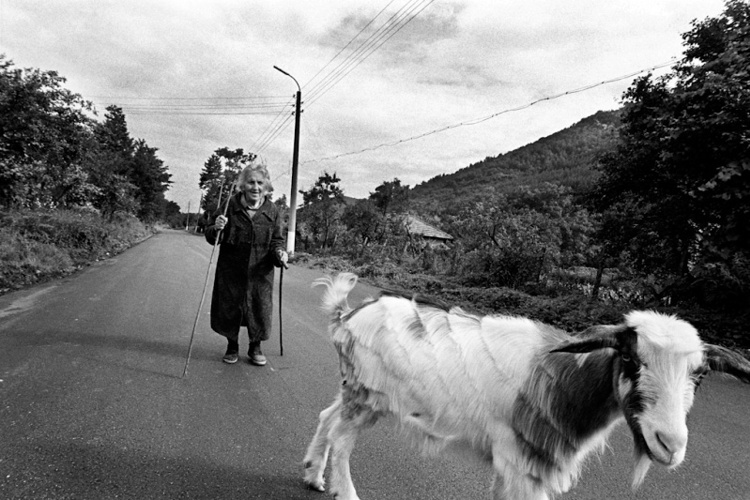
-
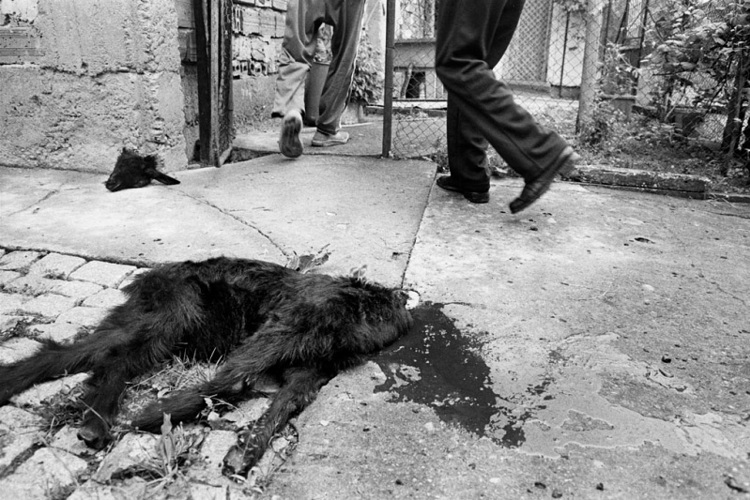
-
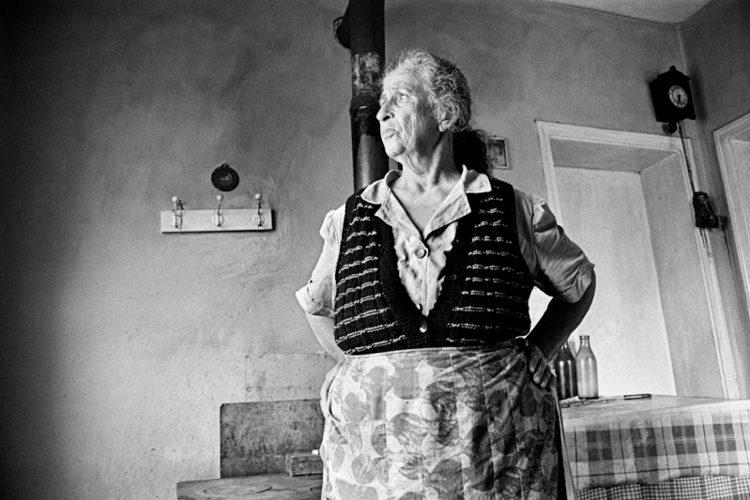
-
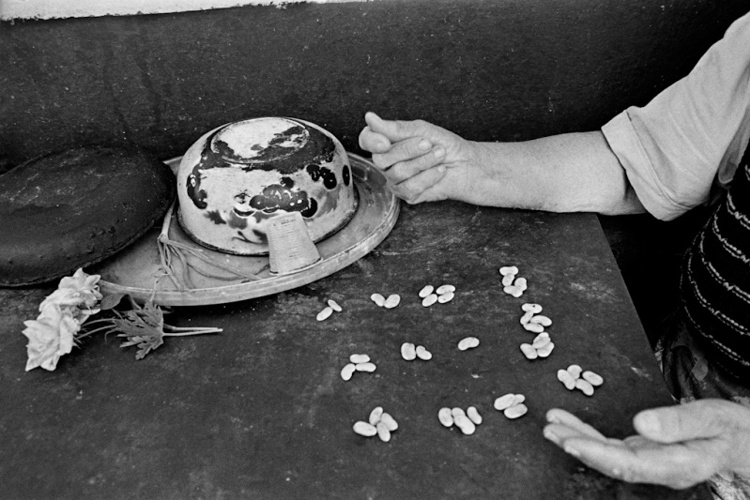
Maria Marinova, Lyutadjik, born 1932
“Metodi and I loved each other dearly. We dated each other for four years. I waited for him another two years. My parents-in-law didn’t approve of me. My husband died 41 years ago and I’ve lived all alone since. He was a driver at the Plakalnitsa mine. We don’t have any children. I sometimes throw the beans. But it’s for entertainment. I don’t believe in it.”
-
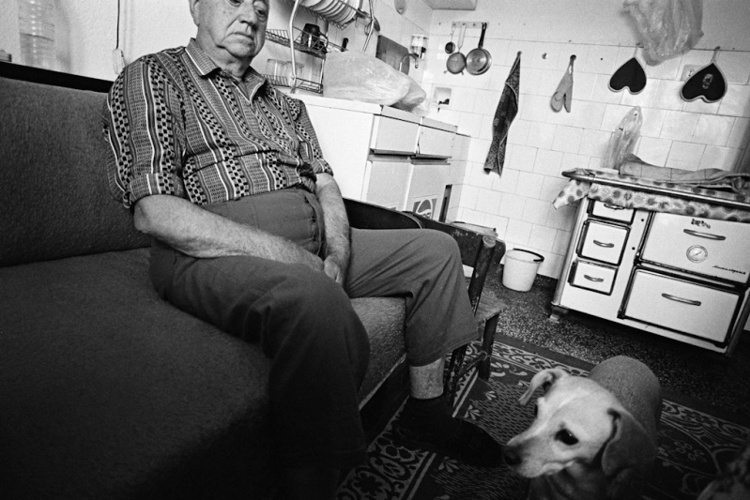
-
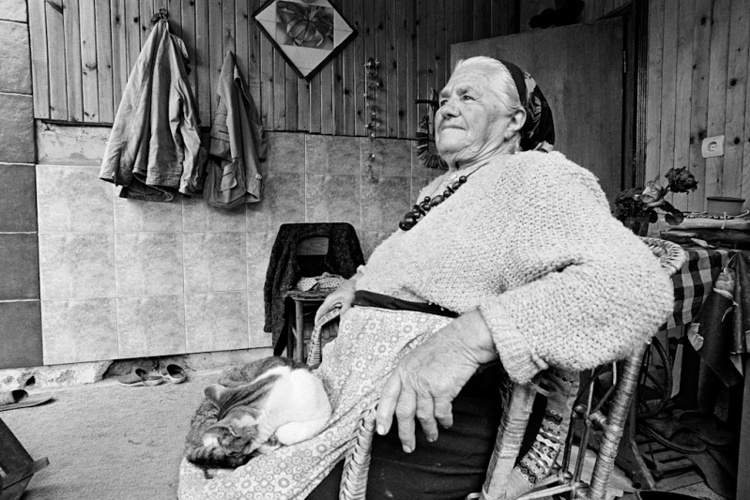
Nadka Chervenkova, Milanovo, born 1924
“I married when I was 21, for love, marriage without love doesn’t work for me. I worked in agriculture, I’ve never been to the seaside, I once went on a trip to the Soviet Union – Kiev, Moscow, Leningrad – and that’s it. “
-
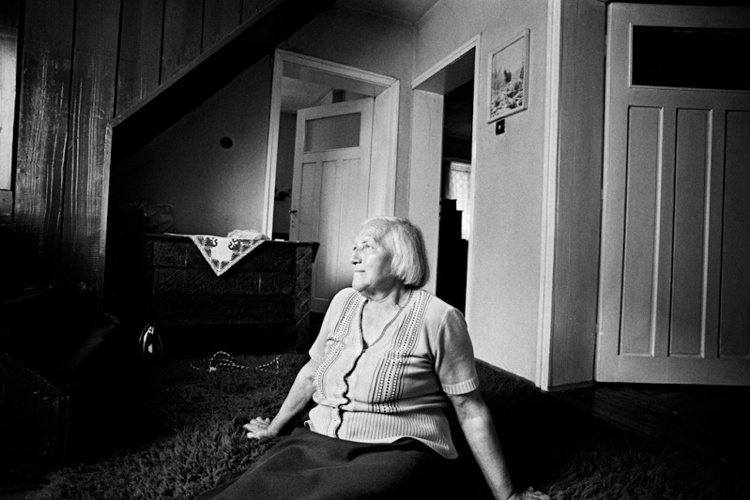
-
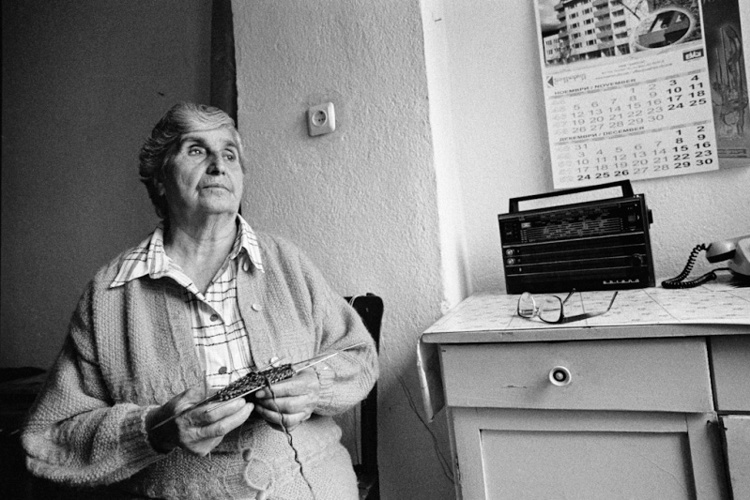
Nadejvda – Deshka, Gorna Bela Rechka, born 1935
-
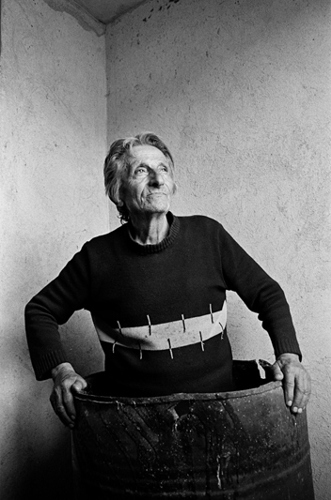
Ivan Parvanov, Dolno Orizovo, born 1931
“I was born on 12 October 1931, in Dolno Ozirovo. I entered the Bulgarian Communist Party on 23 December 1960. I was chairman of the local party committee for 35 years. I remained a member of the Bulgarian Socialist Party until 1996. I am now a member of the Georgi Dimitrov Bulgarian Communist Party. I like Hugo Chavez. I live on my own. My son is in Italy, my daughter – in Montana. Wife died in 2004. That’s why I don’t believe in God – he took her away although she’d done nothing wrong to him. My grandfather was a snake hunter. He died when he was 101.”
-
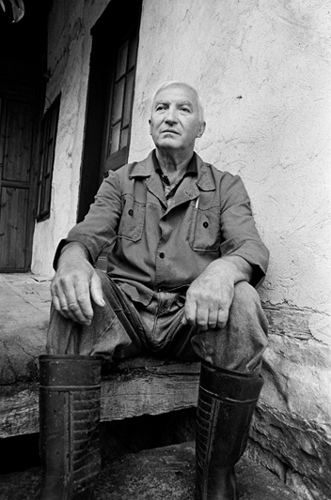
Slavcho, Gorna Bela Rechka
-
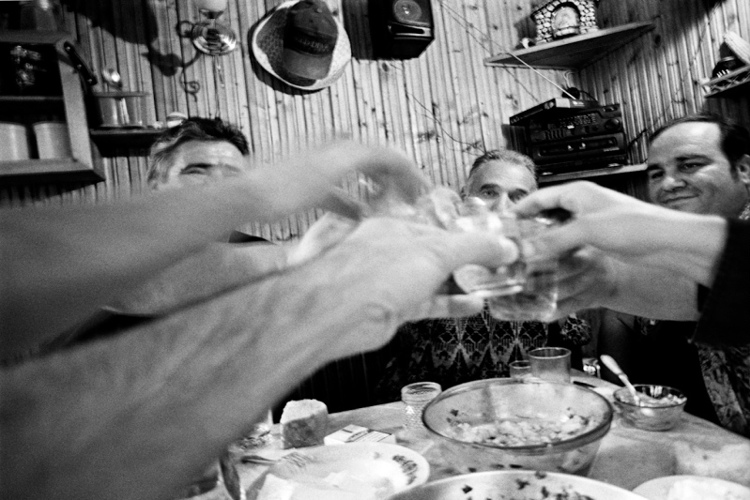
-
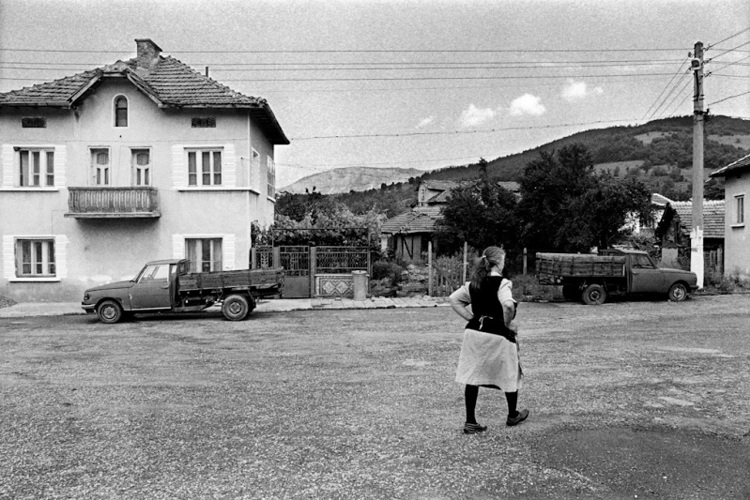
Babak Salari
Traumas and Miracles
“Traumas and Miracles - Portraits from Northwestern Bulgaria” is photography and anthropological project of Babak Salari and the journalist Diana Ivanova. For two years they document the daily lives of the oldest people in eight villages in Northwestern Bulgaria – the poorest region in the European Union. Together – the photography and the human tales - represent a rare collection of stories about traumas and miracles experienced in the last years by the oldest inhabitants of the Northwest. The project explores in depth the phenomenon of social trauma – the loss of social and collective sense, depopulation and aging in large parts of the region due to the economic collapse of the socialist-era monumental industry, the family breakdowns, a consequence of poverty and the exodus of women working as caregivers of elderly people in Italy and Greece.
Babak Salari is a Montreal-based photographer, activist and educator who chronicles lives at the margins of society. His documentary projects include: Iranian artists in exile; matriarchal, indigenous communities in Mexico; and gays and transvestites in Cuba. Recently, he documented those displaced and brutalized by war in Afghanistan, Pakistan, Iraq, Lebanon and Palestine. His interest in photography began as a teenager in his native Iran where he contributed to various publications. At the age of twenty-one, his political activities resulted in his imprisonment for six months by the Khomeini regime. Upon his temporary release from jail, he fled to Pakistan and, a year later, arrived in Canada where he resumed his study and practice of photography. Babak's work has been exhibited and published internationally. For his work ne has received many awards including a ld Addy from the American Ad Federation in 2004. Four of his projects has been published by Janet 45 publishing house.




















